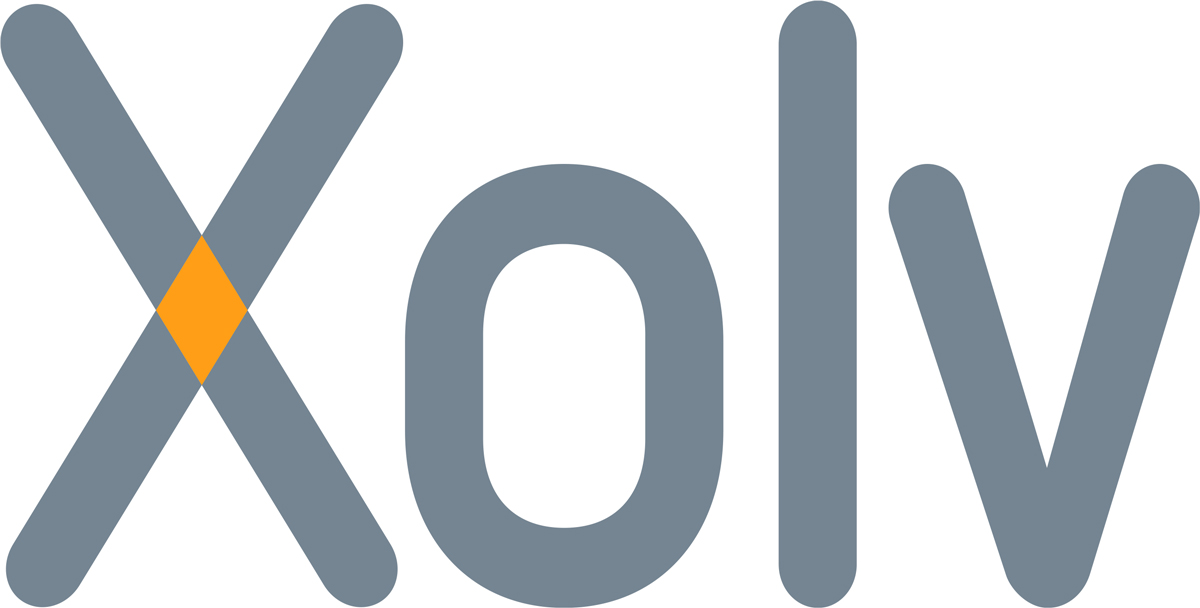What does factoring mean and what is it?
What does factoring mean? Factoring is a flexible way of debtor financing. You transfer your invoice to a company that offers factoring, a factoring company. They pay you the amount immediately. The money is in your account within 24 hours. This way, you are no longer dependent on payment terms.
When to choose factoring
You have probably experienced it before: your services were delivered weeks or months ago, but the invoice has still not been paid. Large companies in particular often have long payment terms, which does not help your cash flow. With factoring, parties pay your invoices directly, without paying attention to your clients' payment terms. This way, you do not have to worry about outstanding invoices and you are guaranteed optimal liquidity.
What does factoring cost?
There is a lot of uncertainty about the cost of factoring. Many providers have hidden costs so you never know exactly where you stand. We list the different types of costs for you so you know what to look out for when choosing a factoring company.
1. Interest costs
We see huge differences in interest costs among factoring companies in the market. This is not only with the amount of interest, but also how they calculate it. Examples of different interest rate calculations:
(a) low-cost funding
On the one hand, you have the affiliated factor companies that are part of a general bank. They can benefit from low-cost funding (including savings) and usually charge an interest rate based on the 1 or 3-month Euribor (nowadays even negative) with a mark-up. This mark-up ranges broadly from 1% to 4.5%.
(b) purchase with a commercial (risk) premium
You also have financiers who base their interest rates on their own procurement with a commercial (risk) mark-up. In this case, the interest cost consists of the base rate of, say, 4% with an individual mark-up of 1.5% to 4%. The total then comes to 5.5% to 8%. They calculate these interest rates on an annual basis on actual credit usage. So not on what you can borrow, but on what you actually borrow.
(c) credit and commitment fees
They often add additional interest charges in the form of credit commission. They base these charges on the average or highest credit utilisation in a given period. Some parties also charge a commitment fee on the part of the credit you did not use in a given period. Credit and commitment fees vary between 0.125% and 1% per year.
(d) Interest in different types of factoring
There are factoring companies that do not necessarily finance the entire working capital requirement, but finance or buy one or more individual receivables. Simply put, a way of factoring on a per-invoice basis, where normally it is over all invoices from a customer. This is called 'American Factoring' (read here more on the different types of factoring). They often factor their interest costs into the factor fee. This then depends on the goodness of the debtor and the payment term. For a 30-day payment term, the total fee is somewhere between 1% and 5%.
Note: this is not the interest per year, but the one-off cost of transferring the claim. With longer payment terms, the costs can become higher than the rate outlined above. It is therefore important to only sell invoices that you are sure will be paid within a reasonable period of time.
Would you like to know more about different types of factoring, then follow the link to an article on the 5 main forms of factoring.

2. Factored wage/sales commission
Besides interest charges, factoring companies often charge a commission for the extra work they have to do. This can include management, credit management and risk coverage (credit insurance). Leaving aside the risk part, this commission for an average SME is around 0.3% to 0.5% on turnover. With larger companies, they often agree on fixed amounts per year and expect to do the credit management themselves. As a result, the commission is often lower with these companies.
At American Factoring, the factoring fee is included in the aforementioned rate of 1 to 5% of the invoice amount (if paid within 30 days).
3. Other costs
Besides the above-mentioned main components, a company also faces other costs such as a one-off closing fee, normal payment transaction fees and pledge registration fees. This is no different in a 'normal' bank financing.
Conclusion
We can conclude that factoring is generally, but certainly not always, more expensive than a standard bank loan. However, this is often offset by higher financing and more flexibility.
Do you find it difficult to find the right one among the huge range of providers? Our advisers will quickly tell you on the basis of an initial simple scan whether and which form of factoring is right for you.



